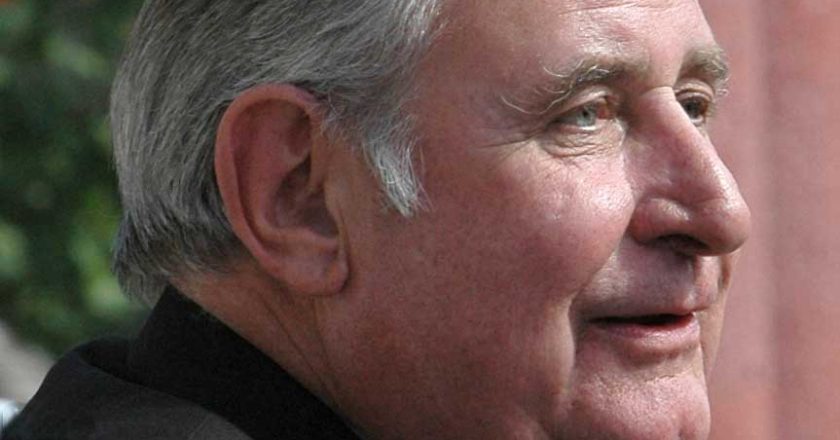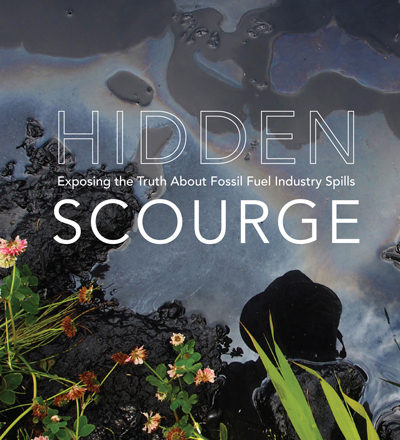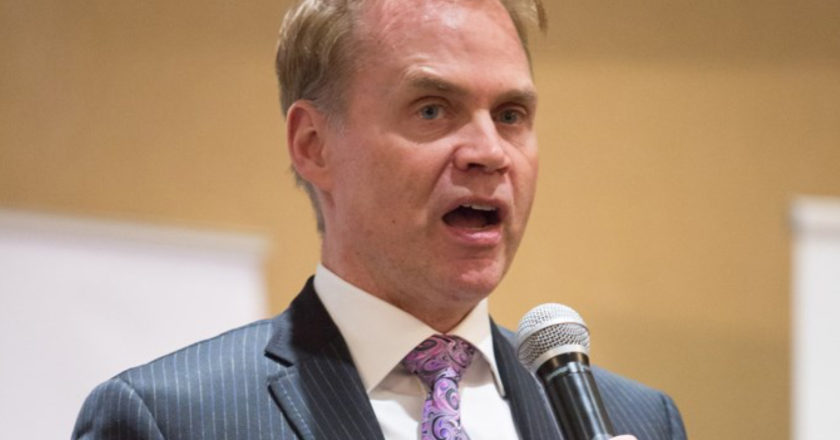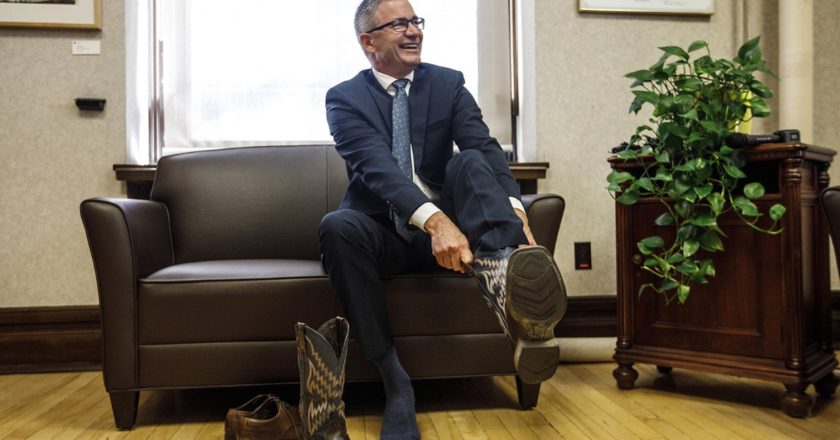Alberta’s continuing devotion to resource revenue and the legacy of ignored policy advice
Updated on 2 August 2023
Despite a record surplus reported for last year, the Alberta government only achieves surpluses by counting the royalties from the sale of non-renewable resources (non-renewable resource revenue- NRRR) like ordinary revenue. But does this practice- commenced in the 1940s- faithfully represent the fiscal position of the government?
If the Government of Alberta adopted the private sector's approach to the sale of physical assets, Alberta's fiscal history would be decidedly different. Private sector accounting would establish the oil, gas, and bitumen resources as an asset on the provincial balance sheet. The accounting entry would represent the value of all the resources in the ground that would be produced in the current fiscal year and into the future. The value of...






